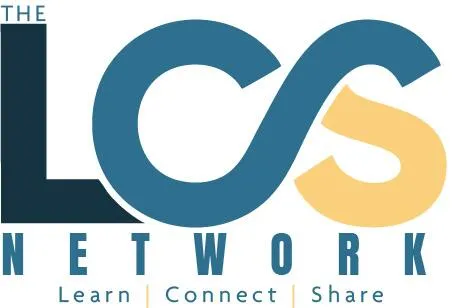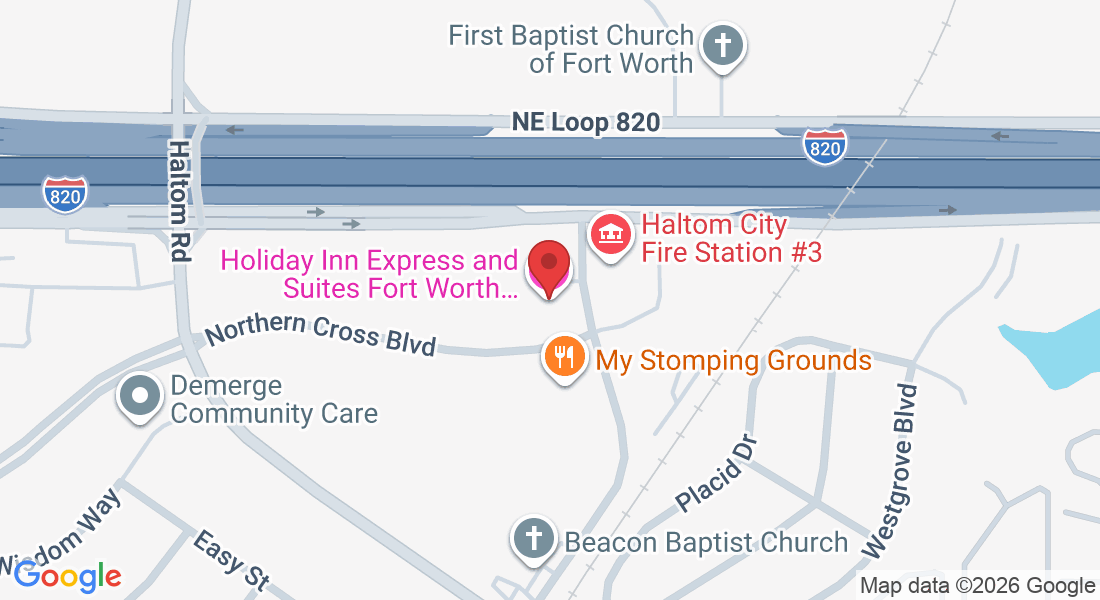News & Information
Articles

Transformational Leadership
Transformative Leadership, Healthy Conflict, and the Culture That Binds It All
Culture is not a byproduct of success—it is the root of it. In my experience and training, I’ve come to believe that culture is the single most critical determinant of whether an organization thrives or merely survives. You can have the best strategies, the most gifted employees, and the most generous supporters, but without the right culture, even the strongest leaders will eventually falter. I’ve seen firsthand how servant leadership, when practiced in a culture that’s unprepared for it, often results in burnout and disillusionment. This is why culture must be built deliberately, beginning at the top, through transformative leadership that paves the way for service-minded leaders to succeed.
Transformative leadership focuses on aligning people with purpose, inspiring change, and building systems that reflect shared values. Servant leadership emphasizes humility, relational intelligence, and empowering others. Alone, each is valuable. But when used together, they form what I consider dynamic leadership—a model where vision, accountability, and empathy combine to shape a culture that doesn’t just function well, but flourishes. Without the culture to support it, even the best leadership strategies will collapse under the weight of organizational resistance.
An essential expression of this dynamic leadership model is how conflict is handled. Conflict itself isn’t a threat—it’s a signal. It shows that people care enough to engage. The difference lies in how conflict is expressed. Healthy conflict is focused on problems and opportunities, not people. Imagine a team member saying, “I think this step in the intake process is causing delays—can we explore alternatives?” That’s healthy conflict. Now compare that to someone saying, “This always gets messed up because you’re not doing your part.” That’s unhealthy conflict—personal, divisive, and damaging to trust.
Patrick Lencioni’s Five Dysfunctions of a Team illustrates how trust and productive conflict are inseparable. Without trust, teams avoid conflict or engage destructively. But when trust exists, people feel safe enough to challenge ideas, ask hard questions, and admit mistakes. In my own leadership journey, I’ve implemented regular L10-style team retrospectives—short, focused meetings where staff evaluate what's working, what’s broken, and how we can adapt. These aren’t blame sessions; they’re structured conversations designed to normalize feedback, reinforce ownership, and model grace in tension. It’s one of the most practical tools I’ve seen to strengthen culture and encourage ongoing improvement.
Building a culture where healthy conflict thrives requires leaders to go first. They must model transparency, admit mistakes, and invite disagreement without defensiveness. Systems thinking plays a major role here—especially as taught in Lean Six Sigma and strategic management theory. When something goes wrong, we ask not “Who failed?” but “What allowed this to happen, and how do we fix it together?” This shift in mindset turns problems into pathways and blame into belonging.
Key takeaways for leaders building strong cultures through healthy conflict:
Culture must be intentionally created—it will not build itself
Dynamic leadership blends vision-driven transformation with service-minded empathy
Healthy conflict addresses systems and ideas; unhealthy conflict targets people
Structured tools like L10 meetings and retrospectives normalize feedback
Trust is built through consistency, vulnerability, and shared problem solving
If you’re a leader today, ask yourself: Does my culture make it safe to disagree? Do people challenge ideas or avoid speaking up? If not, what’s one action you can take this week to invite feedback, create safety, or model accountability? Culture is created one decision at a time—and leaders are always the first builders.
Join Us Every 2nd Friday of the Month
11:30am-1pm



